
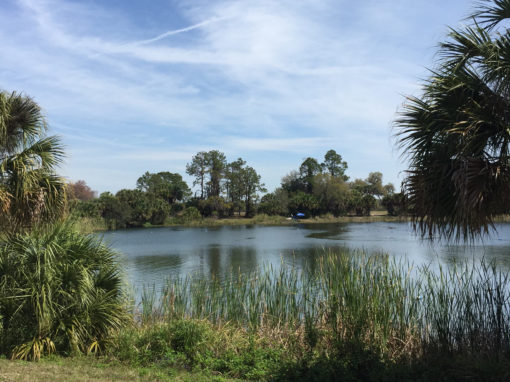
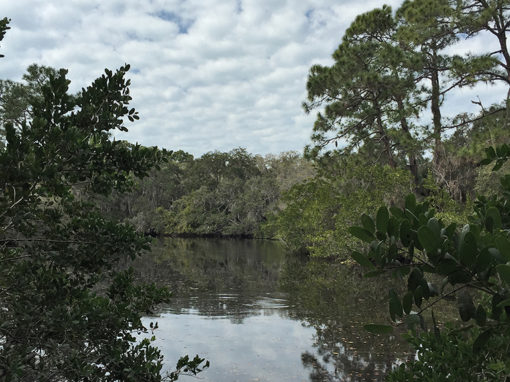
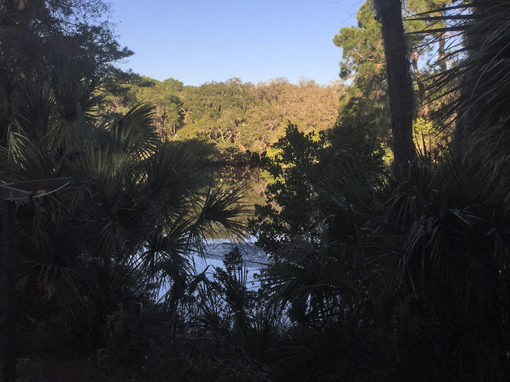
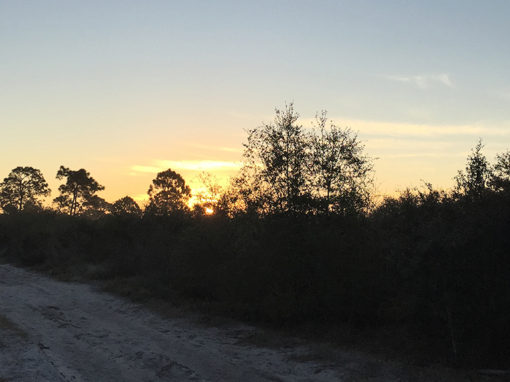
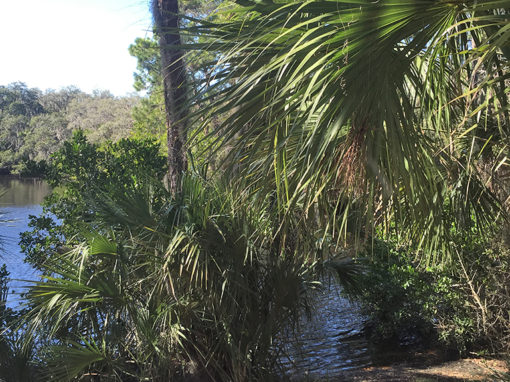
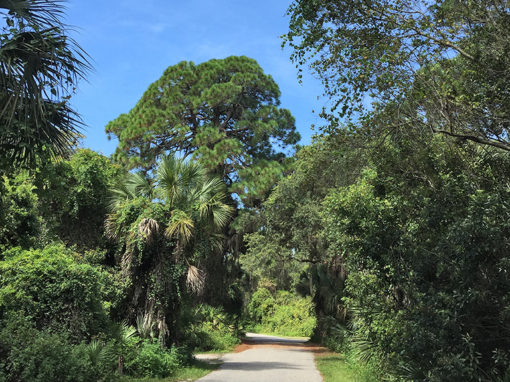

Events at Oscar Scherer State Park
Earth Day
Earth Day History
Earth Day, celebrated on April 22nd each year, marks the anniversary of the birth of the modern environmental movement in 1970.
The publication of Rachel Carson’s New York Times bestseller Silent Spring in 1962 raised public awareness and concern for living organisms, the environment and links between pollution and public health. Earth Day founder Gaylord Nelson realized that if he could infuse that energy with an emerging public consciousness about air and water pollution, it would force environmental protection onto the national political agenda.
On April 22,1970, 20 million Americans took to the streets, parks, and auditoriums to demonstrate for a healthy, sustainable environment in massive coast-to-coast rallies. Thousands of colleges and universities organized protests against the deterioration of the environment. Groups that had been fighting against oil spills, polluting factories and power plants, raw sewage, toxic dumps, pesticides, freeways, the loss of wilderness, and the extinction of wildlife suddenly realized they shared common values.
Earth Day achieved a rare political alignment, enlisting support from Republicans and Democrats, rich and poor, city slickers and farmers, tycoons and labor leaders.
By the end of 1970 this fledgling movement had inspired the creation of the United States Environmental Protection Agency and the passage of the Clean Air, Clean Water, and Endangered Species Acts.
In 1990 Earth Day went global, mobilizing 200 million people in 141 countries and lifting environmental issues onto the world stage, giving a huge boost to recycling efforts worldwide and helping to pave the way for the 1992 United Nations Earth Summit in Rio de Janeiro.
Earth Day 2000 used the power of the Internet to reach out to 5,000 environmental groups in 184 countries who motivated hundreds of millions of people, sending world leaders the loud and clear message that citizens around the world wanted quick and decisive action on global warming and clean energy.
2010 heralded a time of great challenge for the environmental community; climate change deniers, well-funded oil lobbyists, reticent politicians, a disinterested public, and a divided environmental community all contributed to the narrative – cynicism versus activism.
Despite these challenges, Earth Day is established as a relevant, powerful focal point; the largest secular observance in the world, celebrated by more than a billion people every year, and a day of action that changes human behavior and provokes policy changes.
On April 22 each year, Earth Day reinvigorates the fight for a clean environment as the ravages of climate change become more manifest every day.

